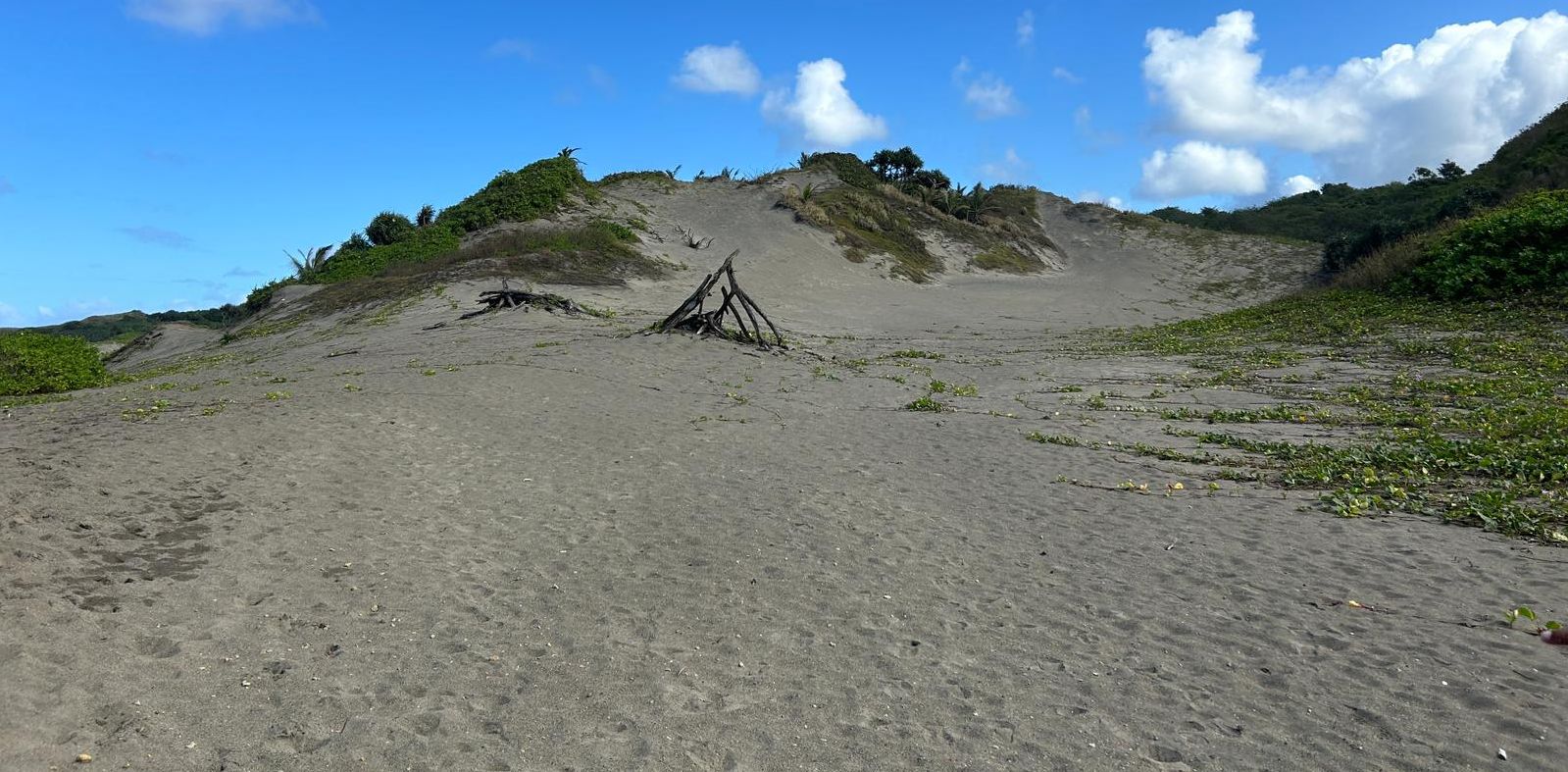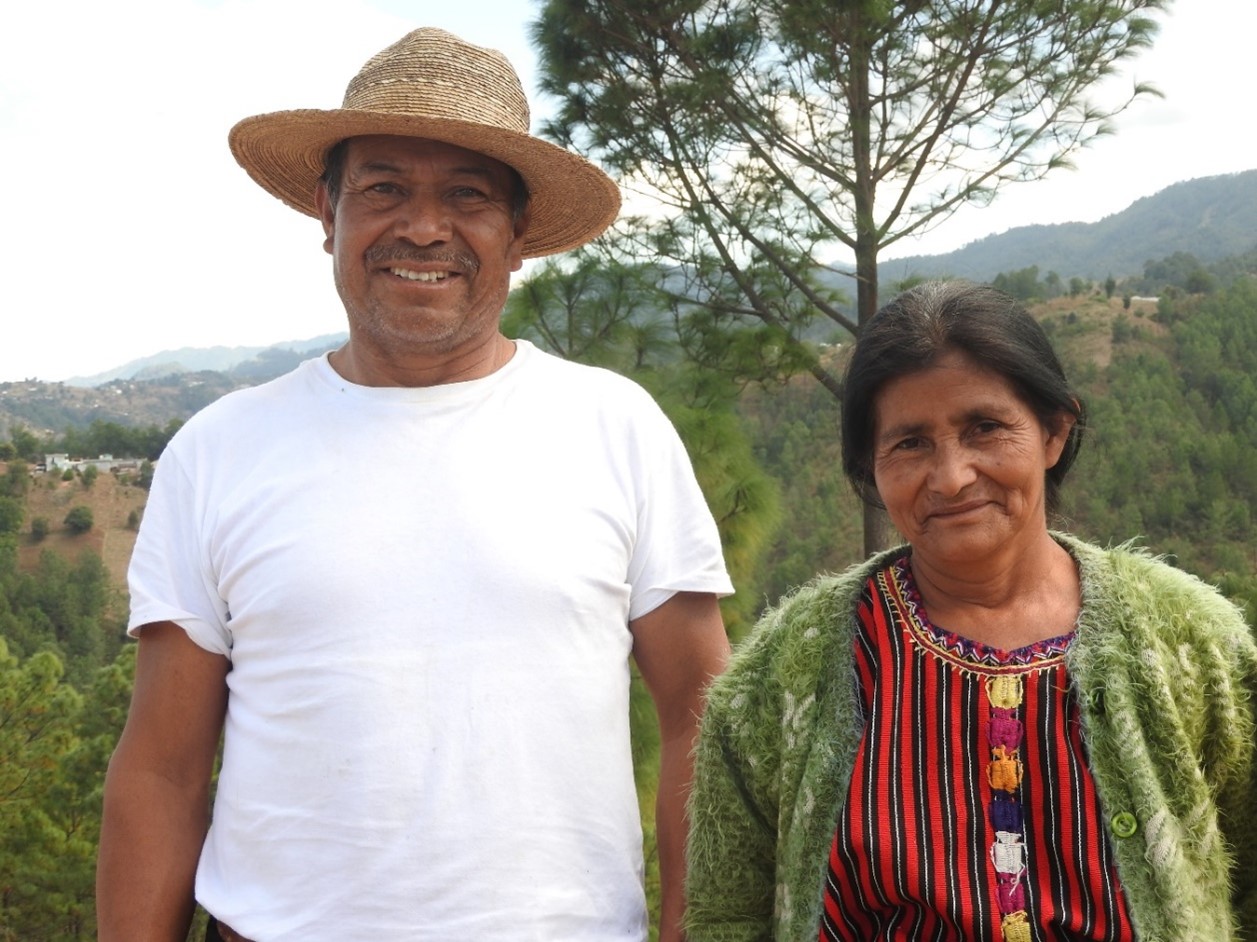New tool launched to help countries ensure that wildlife trade is sustainable
A new online interactive tool to help countries assess the sustainability of wildlife trade has been launched by the UN Environment Programme World Conservation Monitoring Centre (UNEP-WCMC) and IUCN.
The Non-Detriment Finding (NDF) Support Tool brings together over 30 species and trade datasets onto a single interactive platform, to support countries implementing the Convention on International Trade in Endangered Species of Wild Fauna and Flora (CITES). The tool is directly linked to the IUCN Red List of Threatened SpeciesTM, Species+, the Checklist of CITES Species and the CITES Trade Database. It also contains data on species’ life history characteristics such as age at maturity or the number of offspring typically produced. Users can search by CITES-listed species and country or territory combinations to quickly explore and compile the data they need for their assessments.
“Ensuring global wildlife trade is both legal and sustainable remains a vital step towards safeguarding the planets natural diversity and the futures of those reliant on its use and trade. Assessing the sustainability of wildlife trade can present a serious challenge, not least in the sourcing relevant information,” said Oliver Tallowin, IUCN’s Wildlife Use and Trade Senior Programme Officer. “The NDF Support Tool is an innovative new digital platform that directly addresses this issue by pulling together a range of key resources, enabling users to assess the potential impact of international trade on wild plant and animal species.”
The Convention on International Trade in Endangered Species of Wild Fauna and Flora (CITES) is the international agreement that sets wildlife trade protections for nearly 41,000 plants and animals to ensure that international trade does not threaten species’ survival in the wild. More than 1.3 billion individual CITES-listed plants and animals were reported to be internationally traded between 2011 and 2020, with the value of exports estimated at more than USD 11 billion in 2016-2020.
To trade CITES-listed plants or animals, countries are required to scientifically assess whether international trade will be detrimental to the survival of a species in the wild. This decision is called a non-detriment finding (NDF). NDFs can require a large amount of data and information on the species, including its conservation status, distribution, trade trends, threats posed and information on the species relevant to the impact of harvesting and trade, such as its biological characteristics.
“The new NDF Support Tool brings together key datasets used by CITES Scientific Authorities into one place, helping decision-makers ensure that international wildlife trade is sustainable, and supporting both nature and people,” said Claire McLardy, UNEP-WCMC’s Global Wildlife Trade Lead. “Having key datasets readily accessible at the fingertips of CITES Authorities helps reduce effort in making science-based non-detriment findings, and enables standardised assessments aligned with the key NDF elements. Together with IUCN, the UNEP-WCMC wildlife trade team look forward to further developing the tool and supporting users to make full use of its potential applications.”
The launch of the NDF Support Tool comes ahead of forthcoming publication of CITES guidance on non-detriment findings, developed by IUCN and CITES and reviewed during an expert workshop held in Nairobi in December 2023. The new guidance will cover generic NDF guidance, as well as specific thematic guidance on reptiles, birds and trees.
The development of the NDF Support Tool was made possible thanks to the financial support from the UK Research and Innovation’s Global Challenges Research Fund under the Trade, Development and the Environment Hub project.



